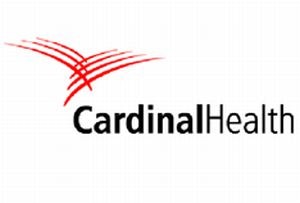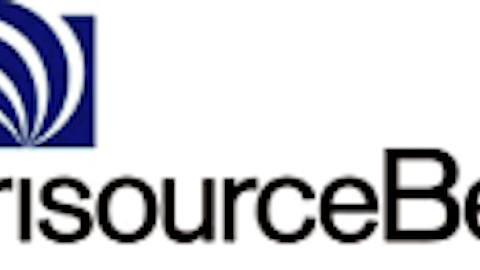
Not going deep enough
It’s always a shame when my research uncovers something bad. But even worse is when I forget that many problems are in the distant past. A recent example is when I reported on Cardinal Health Inc (NYSE:CAH), which had issues in 2007. Those issues were completely gone by August of 2009, and in fact the company’s focus has long since completely shifted to another area of medicine. But I didn’t find that until a more enlightened individual informed me of this.
I inadvertently gave Cardinal Health Inc (NYSE:CAH) a black mark it did not deserve, and this has potentially deep consequences. For one thing, I almost accidentally wrote off what could prove to be a great investment for my own portfolio once the Fool’s rules allow such a thing. For another, I may have steered others away from Cardinal Health Inc (NYSE:CAH) who were considering it — without any good reason to speak ill of the company.
While I wouldn’t want to overestimate my influence, any negativity can spark a panic-sale — the market can be a crazy, reactionary place. If you were around in 2008, you might still have nightmares of companies simply disappearing almost overnight, or of it losing 90% of its value and still not recovering much of it.
I could have steered clear of this problem by using more sources for my research and by spending a little more time on the company before rendering judgment. This is a valuable lesson to learn, not only for me but for everyone who fancies themselves decent stock pickers. Make decisions quickly, but take in all the facts first.
Now that I’ve done my homework, I’ve found that Cardinal Health Inc (NYSE:CAH) is a good investment idea for several reasons. For one, its free cash flow has been on a steady rise for several years; it’s $948 million as of the first quarter of 2013, so there’s plenty of money available to expand. Further, the company’s management is confident enough to have recently raised the dividend by 10%. Beyond both of these admittedly short-term positives, Cardinal Health Inc (NYSE:CAH) is breaking ground in the field of medical diagnostics. In a world where more people are sick every day, being able to identify an illness at its earliest stages and stamp it out is potentially worth a fortune.
Looking for problems until one finds something
Years ago, I was a Netflix, Inc. (NASDAQ:NFLX) shareholder. As you may know if you’ve read my posts in the past, I tend to eschew larger and better known companies because the world already knows their stories. But back in the day, I thought I had to find problems everywhere. So I looked and looked with Netflix, Inc. (NASDAQ:NFLX).
The “problem” I found wasn’t a problem at all with the company. I considered the nature of mail-order movies — this was before the days of streaming — to be an inefficient way to rent. I figured that people wouldn’t want to wait for a movie, and that they wanted to see their preference right now. So I gave an edge to brick-and- mortar rental places and sold Netflix, Inc. (NASDAQ:NFLX) — back when I’d made a modest profit from the stock and it was trading at $17 a share.
Had I considered the reduction in margins that even the mail-order method had, I would’ve probably foreseen Netflix’s gargantuan potential. Had I considered that Internet speeds were rapidly growing in the early part of the century, I also might have foreseen that streaming would eventually become a reality. Should’ve, could’ve, would’ve, as the saying goes. As of this writing, Netflix, Inc. (NASDAQ:NFLX) is trading in the $220 range per share. I missed out on my first 10-bagger because I looked for a “problem” until I found something.
The biggest lesson to be learned here is that in our efforts to find problems that will keep us from making a bad call, we need to remain open to a potentially great company that can put a lot of money in our pockets. Sometimes it’s best to hold on and let the company do what it does best.



